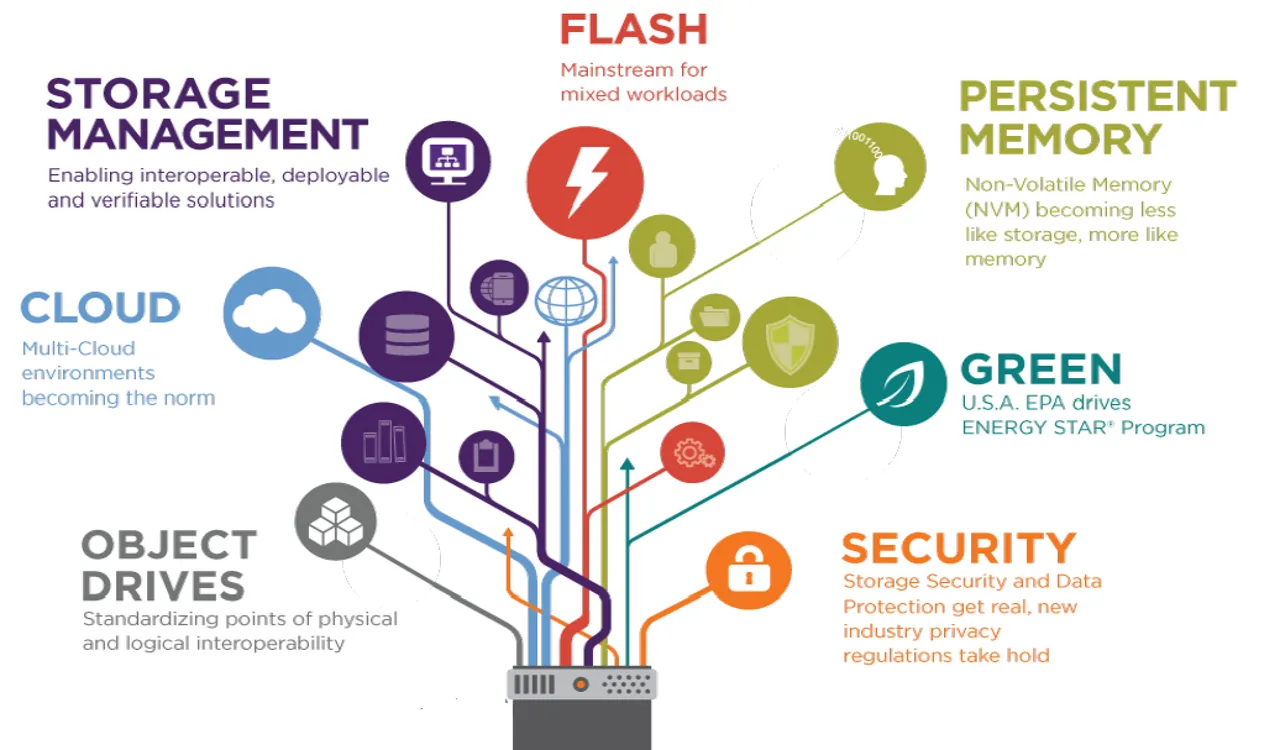Quantum Orchestration Platform: A virtual machine for quantum computing

Startup Quantum Machines unveils what could be a key to accelerating quantum computing adoption, already used in production
We would not blame you if you’ve never heard of Quantum Machines before — we had not either. Quantum Machines is an Israeli startup, funded with $5.5 million by Battery Ventures and TLV Partners, and founded by three physics PhDs: Itamar Sivan, Yonatan Cohen, and Nissim Ofek. They all spent many years in top universities working on the cutting-edge of quantum computing.
All three of them began their PhDs with the expectation of continuing along the academic path. During their doctoral studies, however, Cohen and Sivan were part of the founding team of the Weizmann Institute Entrepreneurship Program. Once they were exposed to entrepreneurship, there was no turning back.
When the three of them finished their doctorates, it was clear that the field in which they had been active for so many years was finally ‘happening.’ They understood that they needed to address a challenge that was holding the industry back. Taking on the layers of computing, they found an unmet need, and a bottleneck whose solution would drive the industry forward today and in the future.
Sivan, co-founder and CEO of Quantum Machines (QM), explained that while a classical computer has two fundamental layers being hardware and software, the quantum computer in all mainstream realizations has three layers, being quantum hardware, classical hardware, and software.
The quantum processor is, above all, where the potential for immense computational power lies. However, to operate a quantum processor, dedicated classical hardware is required. This classical hardware is responsible for performing mathematical operations on the quantum bits by sending electromagnetic pulses to the qubits.
Quantum Machines developed the Quantum Orchestration Platform (QOP): A full hardware and software solution, which they claim has the most advanced classical hardware worldwide for the operation of quantum processors. In addition, QOP offers a convenient software interface for the seamless programming of even the most complex algorithms.
Early adopters include many of the leading players in the quantum computing race, including multinational corporations, startups, government labs, and academic institutions. Although names were not disclosed, Sivan said QM’s customers are among the biggest names leading the race towards building scaled-up useful quantum computers, and include teams in six countries working on multiple different qubit platforms.
Sivan emphasized that QOP can be directly integrated with any quantum processor: “Basically, any company or institution developing quantum processors may now buy the Quantum Orchestration Platform, and right away be able to run the most complex algorithms possible.”
What this means, he went on to add, is that introducing the Quantum Orchestration Platform is more than an accomplishment for Quantum Machines alone: It’s a cross-industry platform that can benefit all the players and drive the field as a whole forward through its powerful capabilities.
These capabilities include ultra-low feedback latency for application ranging from ultra-rapid calibrations to quantum-error-correction, general multi-qubit control-flow including real-time branching based on data acquired and processed from multiple qubits, and fully parametric programming of gates, pulses, and even real-time classical processing.


